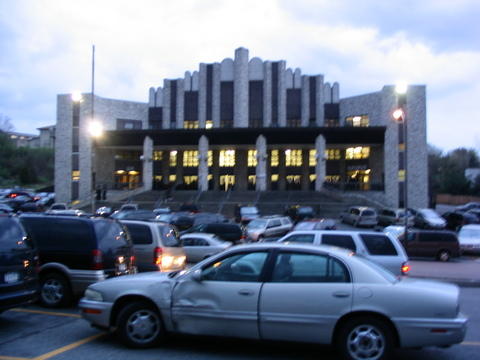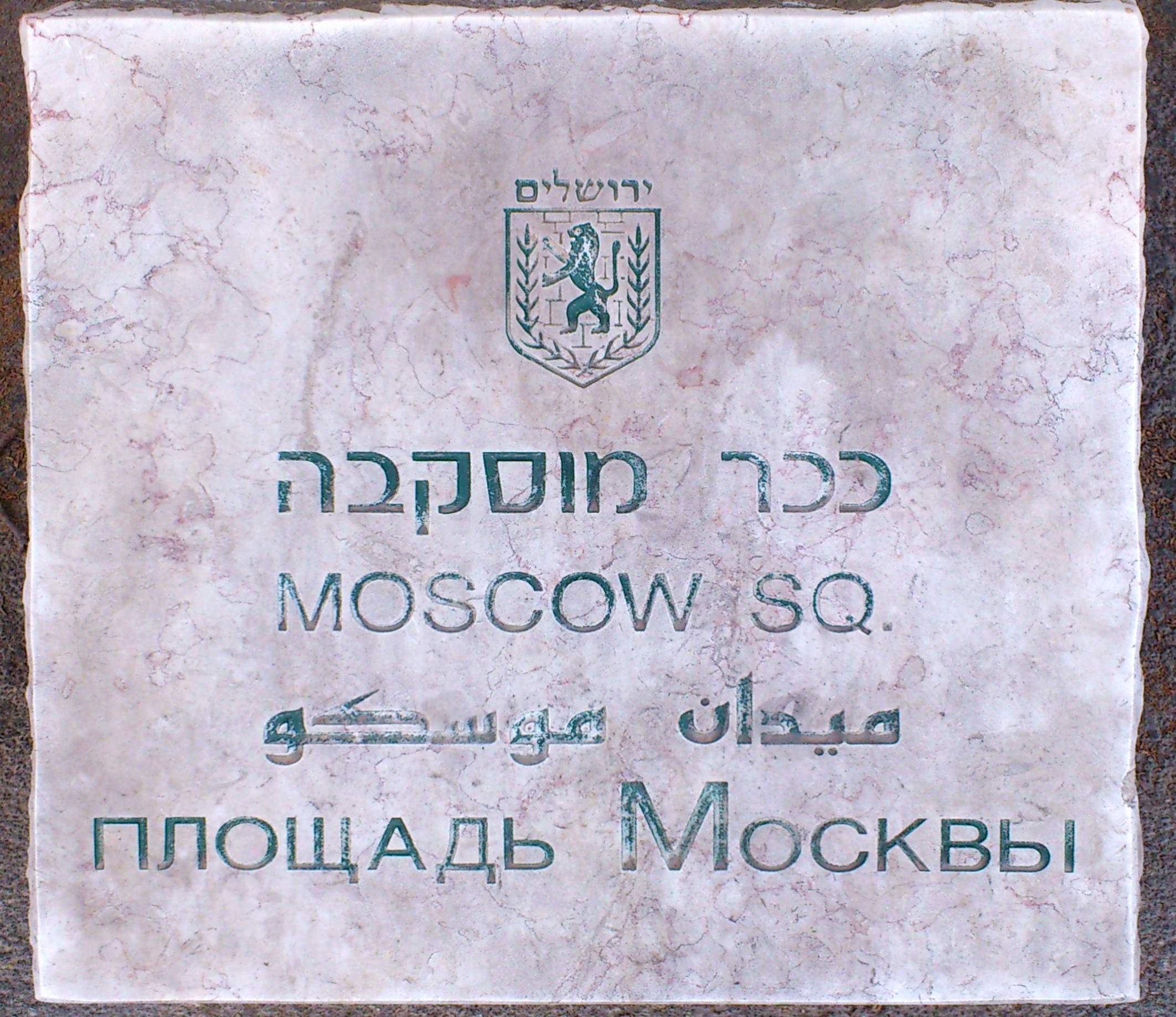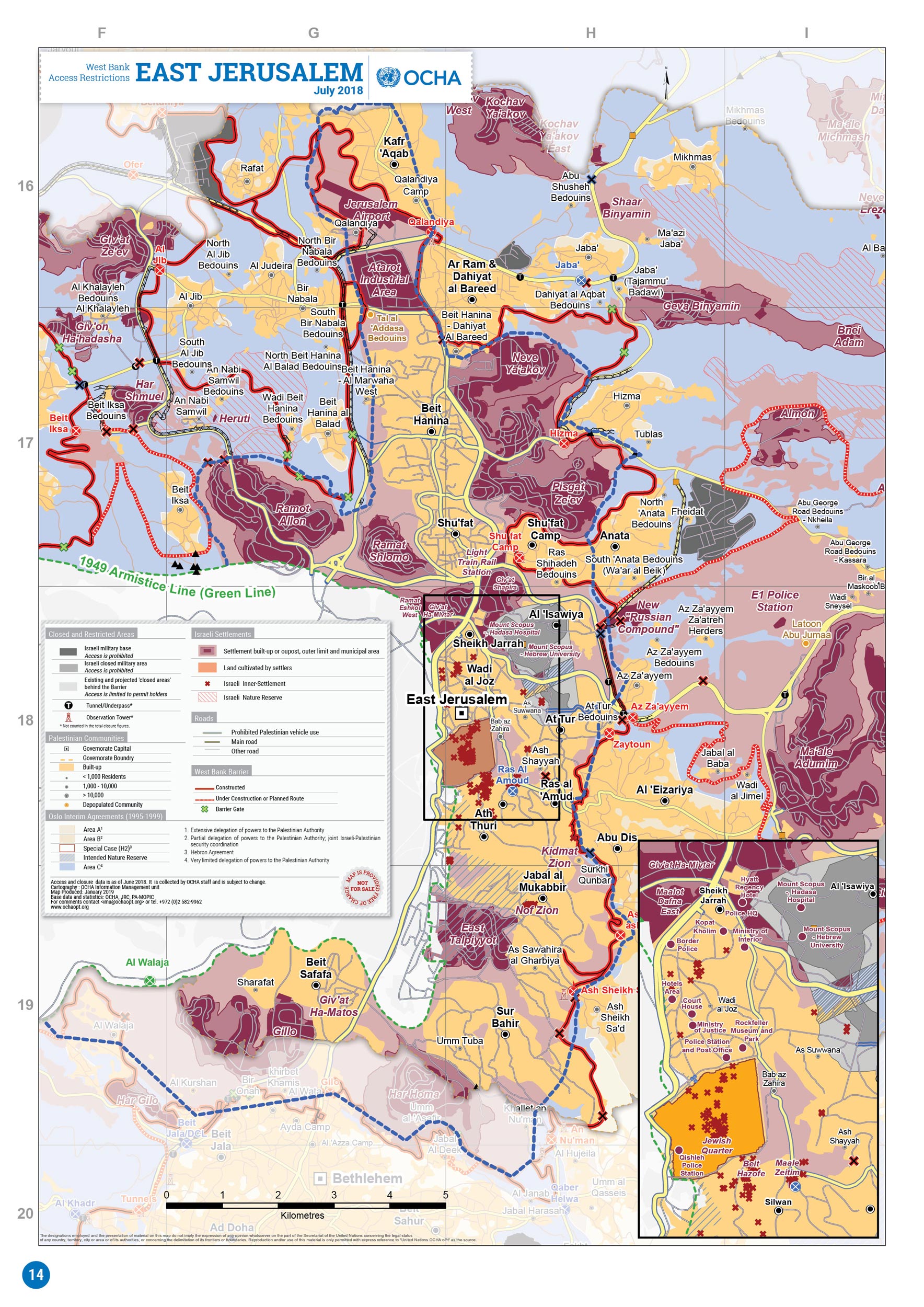|
Amram Blau
Amram Blau (1894–1974) was a Haredi rabbi in Mandatory Palestine and Israel. He was one of the founders of the fiercely Anti-Zionist Neturei Karta. Biography Blau was born in Jerusalem into the city's Hungarian Jewish community. His father was originally from Pressburg and had immigrated to Palestine in 1869, while his mother was a native of Jerusalem, with roots in the city dating to the late 18th century. He grew up in the Mea Shearim neighborhood. Like his brother Rabbi Moshe Blau, who was a leader in the Agudat Israel movement, he was also active in the Aguda during the British Mandate era and was the editor of its newspaper, ''Kol Israel'' (Voice of Israel). But when the Aguda began to lean towards a modus vivendi with the Zionist leaders, Blau claimed that the Aguda had sold out to the Zionist movement and in 1937 a vote took place within the Edah Hachareidis in which the Neturei Karta party won by a landslide, with Agudah having to set up their own court, but later R ... [...More Info...] [...Related Items...] OR: [Wikipedia] [Google] [Baidu] |
Haredi Judaism
Haredi Judaism ( he, ', ; also spelled ''Charedi'' in English; plural ''Haredim'' or ''Charedim'') consists of groups within Orthodox Judaism that are characterized by their strict adherence to ''halakha'' (Jewish law) and traditions, in opposition to modern values and practices. Its members are usually referred to as ultra-Orthodox in English; however, the term "ultra-Orthodox" is considered pejorative by many of its adherents, who prefer terms like strictly Orthodox or Haredi. Haredi Jews regard themselves as the most religiously authentic group of Jews, although other movements of Judaism disagree. Some scholars have suggested that Haredi Judaism is a reaction to societal changes, including political emancipation, the ''Haskalah'' movement derived from the Enlightenment, acculturation, secularization, religious reform in all its forms from mild to extreme, the rise of the Jewish national movements, etc. In contrast to Modern Orthodox Judaism, followers of Haredi Judaism ... [...More Info...] [...Related Items...] OR: [Wikipedia] [Google] [Baidu] |
Satmar (Hasidic Dynasty)
Satmar (Yiddish: סאַטמאַר, Hebrew: סאטמר) is a Hasidic group founded in 1905 by Grand Rebbe Joel Teitelbaum, in the city of Szatmárnémeti, Hungary (now Satu Mare in Romania). The group is an offshoot of the Sighet Hasidic dynasty. Following World War II, it was re-established in New York. Satmar is the largest Hasidic dynasty in the world, with some 26,000 households. It is characterized by extreme conservatism, complete rejection of modern culture, and fierce anti-Zionism. Satmar sponsors a comprehensive education and media system in Yiddish, and its members use Yiddish as a primary language. The sect also sponsors and leads the Central Rabbinical Congress, which serves as an umbrella organization for other very conservative, anti-Zionist, and mostly Hungarian-descended ultra-Orthodox communities. After Joel Teitelbaum's death in 1979, he was succeeded by his nephew, Moshe Teitelbaum. Since the latter's death in 2006, the dynasty is split between his two sons, ... [...More Info...] [...Related Items...] OR: [Wikipedia] [Google] [Baidu] |
Deuteronomy
Deuteronomy ( grc, Δευτερονόμιον, Deuteronómion, second law) is the fifth and last book of the Torah (in Judaism), where it is called (Hebrew: hbo, , Dəḇārīm, hewords Moses.html"_;"title="f_Moses">f_Moseslabel=none)_and_the_fifth_book_of_the_Christian_Old_Testament.html" ;"title="Moses">f_Moses.html" ;"title="Moses.html" ;"title="f Moses">f Moses">Moses.html" ;"title="f Moses">f Moseslabel=none) and the fifth book of the Christian Old Testament">Moses">f_Moses.html" ;"title="Moses.html" ;"title="f Moses">f Moses">Moses.html" ;"title="f Moses">f Moseslabel=none) and the fifth book of the Christian Old Testament. Chapters 1–30 of the book consist of three sermons or speeches delivered to the Israelites by Moses on the Plains of Moab, shortly before they enter the Promised Land. The first sermon recounts the Moses#The years in the wilderness, forty years of wilderness wanderings which had led to that moment, and ends with an exhortation to observe the law. T ... [...More Info...] [...Related Items...] OR: [Wikipedia] [Google] [Baidu] |
Hessian (cloth)
Hessian (, ), burlap in the United States and Canada, or crocus in Jamaica and the wider Caribbean, is a woven fabric usually made from skin of the jute plant or sisal fibres, which may be combined with other vegetable fibres to make rope, nets, and similar products. Gunny is similar in texture and construction. Hessian, a dense woven fabric, has historically been produced as a coarse fabric, but more recently it is being used in a refined state known simply as jute as an eco-friendly material for bags, rugs and other products. The name "hessian" is attributed to the historic use of the fabric as part of the uniform of soldiers from the former Landgraviate of Hesse and its successors, including the current German state of Hesse, who were called " Hessians". Hessian cloth is available in different types of construction, form, size and color. The origin of the word ''burlap'' is unknown, though its earliest known appearance is in the late 17th century, and its etymology is specu ... [...More Info...] [...Related Items...] OR: [Wikipedia] [Google] [Baidu] |
Ramla
Ramla or Ramle ( he, רַמְלָה, ''Ramlā''; ar, الرملة, ''ar-Ramleh'') is a city in the Central District of Israel. Today, Ramle is one of Israel's mixed cities, with both a significant Jewish and Arab populations. The city was founded in the early 8th century CE by the Umayyad prince Sulayman ibn Abd al-Malik as the capital of Jund Filastin, the district he governed in Bilad al-Sham before becoming caliph in 715. The city's strategic and economic value derived from its location at the intersection of the ''Via Maris'', connecting Cairo with Damascus, and the road connecting the Mediterranean port of Jaffa with Jerusalem. It rapidly overshadowed the adjacent city of Lydda, whose inhabitants were relocated to the new city. Not long after its establishment, Ramla developed as the commercial centre of Palestine, serving as a hub for pottery, dyeing, weaving, and olive oil, and as the home of numerous Muslim scholars. Its prosperity was lauded by geographers in the 10 ... [...More Info...] [...Related Items...] OR: [Wikipedia] [Google] [Baidu] |
Russian Compound
The Russian Compound ( he, מִגְרַשׁ הָרוּסִים, ''Migraš ha-Rusim'', ar, المسكوبية, ''al-Muskubīya'', russian: Русское подворье в Иерусалиме) is one of the oldest districts in central Jerusalem, featuring a large Russian Orthodox church, the Russian-owned Sergei's Courtyard and the premises of the Russian Consulate General in Jerusalem, as well as the site of former pilgrim hostels, some of which are used as Israeli government buildings (such as the Moscovia Detention Centre), and one of which hosts the Museum of Underground Prisoners. The compound was built between 1860 and 1890, with the addition in 1903 of the Nikolai Pilgrims Hospice. It was one of the first structures to be built outside the Old City of Jerusalem. The Russian Compound covers between Jaffa Road, Shivtei Israel Street, and the Street of the Prophets. After 1890 it was closed by a gated wall, thus the name "compound", but it has long since been a free ... [...More Info...] [...Related Items...] OR: [Wikipedia] [Google] [Baidu] |
Shabbat
Shabbat (, , or ; he, שַׁבָּת, Šabbāṯ, , ) or the Sabbath (), also called Shabbos (, ) by Ashkenazim, is Judaism's day of rest on the seventh day of the week—i.e., Saturday. On this day, religious Jews remember the biblical stories describing the creation of the heaven and earth in six days and the redemption from slavery and The Exodus from Egypt, and look forward to a future Messianic Age. Since the Jewish religious calendar counts days from sunset to sunset, Shabbat begins in the evening of what on the civil calendar is Friday. Shabbat observance entails refraining from work activities, often with great rigor, and engaging in restful activities to honour the day. Judaism's traditional position is that the unbroken seventh-day Shabbat originated among the Jewish people, as their first and most sacred institution. Variations upon Shabbat are widespread in Judaism and, with adaptations, throughout the Abrahamic and many other religions. According to ''halakha ... [...More Info...] [...Related Items...] OR: [Wikipedia] [Google] [Baidu] |
The Forward
''The Forward'' ( yi, פֿאָרווערטס, Forverts), formerly known as ''The Jewish Daily Forward'', is an American news media organization for a Jewish American audience. Founded in 1897 as a Yiddish-language daily socialist newspaper, ''The New York Times'' reported that Seth Lipsky "started an English-language offshoot of the Yiddish-language newspaper" as a weekly newspaper in 1990. In the 21st century ''The Forward'' is a digital publication with online reporting. In 2016, the publication of the Yiddish version changed its print format from a biweekly newspaper to a monthly magazine; the English weekly paper followed suit in 2017. Those magazines were published until 2019. ''The Forward''s perspective on world and national news and its reporting on the Jewish perspective on modern United States have made it one of the most influential American Jewish publications. It is published by an independent nonprofit association. It has a politically progressive editorial fo ... [...More Info...] [...Related Items...] OR: [Wikipedia] [Google] [Baidu] |
East Jerusalem
East Jerusalem (, ; , ) is the sector of Jerusalem that was held by Jordan during the 1948 Arab–Israeli War, as opposed to the western sector of the city, West Jerusalem, which was held by Israel. Jerusalem was envisaged as a separate, international city under the 1947 United Nations partition plan. It was, however, divided by the 1948 war that followed Israel's declaration of independence. As a result of the 1949 Armistice Agreements, the city's western half came under Israeli control, while its eastern half, containing the famed Old City, fell under Jordanian control. Israel occupied East Jerusalem during the 1967 Six-Day War; since then, the entire city has been under Israeli control. The 1980 Jerusalem Law declared unified Jerusalem the capital of Israel, formalizing the effective annexation of East Jerusalem. Palestinians and many in the international community consider East Jerusalem to be the future capital of the State of Palestine. This includes (out of ... [...More Info...] [...Related Items...] OR: [Wikipedia] [Google] [Baidu] |
Jordan
Jordan ( ar, الأردن; tr. ' ), officially the Hashemite Kingdom of Jordan,; tr. ' is a country in Western Asia. It is situated at the crossroads of Asia, Africa, and Europe, within the Levant region, on the East Bank of the Jordan River. Jordan is bordered by Saudi Arabia to the south and east, Iraq to the northeast, Syria to the north, and the Palestinian West Bank, Israel, and the Dead Sea to the west. It has a coastline in its southwest on the Gulf of Aqaba's Red Sea, which separates Jordan from Egypt. Amman is Jordan's capital and largest city, as well as its economic, political, and cultural centre. Modern-day Jordan has been inhabited by humans since the Paleolithic period. Three stable kingdoms emerged there at the end of the Bronze Age: Ammon, Moab and Edom. In the third century BC, the Arab Nabataeans established their Kingdom with Petra as the capital. Later rulers of the Transjordan region include the Assyrian, Babylonian, Roman, Byzantine, Rashidun ... [...More Info...] [...Related Items...] OR: [Wikipedia] [Google] [Baidu] |
Six-Day War
The Six-Day War (, ; ar, النكسة, , or ) or June War, also known as the 1967 Arab–Israeli War or Third Arab–Israeli War, was fought between Israel and a coalition of Arab world, Arab states (primarily United Arab Republic, Egypt, Syria, and Jordan) from 5 to 10 June 1967. Escalated hostilities broke out amid poor relations between Israel and its Arab neighbours following the 1949 Armistice Agreements, which were signed at the end of the 1948 Arab–Israeli War, First Arab–Israeli War. Earlier, in 1956, regional tensions over the Straits of Tiran escalated in what became known as the Suez Crisis, when Israel invaded Egypt over the Israeli passage through the Suez Canal and Straits of Tiran, Egyptian closure of maritime passageways to Israeli shipping, ultimately resulting in the re-opening of the Straits of Tiran to Israel as well as the deployment of the United Nations Emergency Force (UNEF) along the Borders of Israel#Border with Egypt, Egypt–Israel border. In ... [...More Info...] [...Related Items...] OR: [Wikipedia] [Google] [Baidu] |
Theological
Theology is the systematic study of the nature of the divine and, more broadly, of religious belief. It is taught as an academic discipline, typically in universities and seminaries. It occupies itself with the unique content of analyzing the supernatural, but also deals with religious epistemology, asks and seeks to answer the question of revelation. Revelation pertains to the acceptance of God, gods, or deities, as not only transcendent or above the natural world, but also willing and able to interact with the natural world and, in particular, to reveal themselves to humankind. While theology has turned into a secular field , religious adherents still consider theology to be a discipline that helps them live and understand concepts such as life and love and that helps them lead lives of obedience to the deities they follow or worship. Theologians use various forms of analysis and argument ( experiential, philosophical, ethnographic, historical, and others) to help understa ... [...More Info...] [...Related Items...] OR: [Wikipedia] [Google] [Baidu] |










